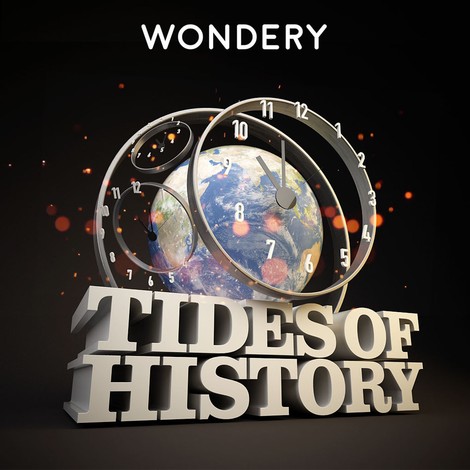Your podcast discovery platform
Curious minds select the most fascinating podcasts from around the world. Discover hand-piqd audio recommendations on your favorite topics.

piqer for: Boom and bust Globalization and politics Global finds
Associate Professor of Economics at George Mason University and currently a National Fellow at the Hoover Institution, Stanford. Educated at Oxford, Mark's main interests lie in economic history and comparative development. He is currently writing a book (with Noel Johnson) on the origins of religious freedom in western Europe. He has also published papers on state formation in Europe and China, weather shocks and pogroms in the middle ages, and private policing in 19th century England. More details about his research can be found on his webpage. He also blogs at Medium and Notes on Liberty.
Printing & Religion: The Rise Of The West And The Decline Of The Islamic World
In this podcast, Jared Rubin of Chapman University outlines the reasons for the economic decline of the Islamic Middle East and the rise of Europe. He points out that a striking reversal took place in the late Middle Ages and Early Modern Period. In around the year 1000, Europe was significantly lagging behind the Middle East economically. However, this had changed dramatically by 1800, by which time the leading economies of northwestern Europe were on the verge of an industrial revolution, whereas the economies of the Middle East had, if anything, stagnated and were poorer than they had been centuries earlier.
To account for this divergence, Rubin explores the important role played by religious authorities in legitimating secular political authority across the premodern world. Drawing on the argument of his book, Rulers, Religion, and Riches, he argues that this power was stronger in Islam than in the Christian West.
To illustrate this argument, Rubin points to the critical role played by the printing press. In the Middle East, religious authorities were able to successfully block the printing press, thereby shoring up their power to bestow religious legitimacy on rulers. But this came at the expense of all of the economic and political benefits of printing. The reliance of political leaders on religion thus constituted a major impediment to economic and political development in the Middle East.
By contrast, in Europe, religious and secular authorities wished to ban or control printing, but they proved unable to do so. As a consequence, following the invention of the printing press, a series of developments, such as the Reformation, successively weakened the political power of religious authorities further. These developments went furthest in the Dutch Republic and Britain, where economic elites came to play a more important role in politics, thereby setting in motion institutional developments that would lay the foundations of modern economic growth.
